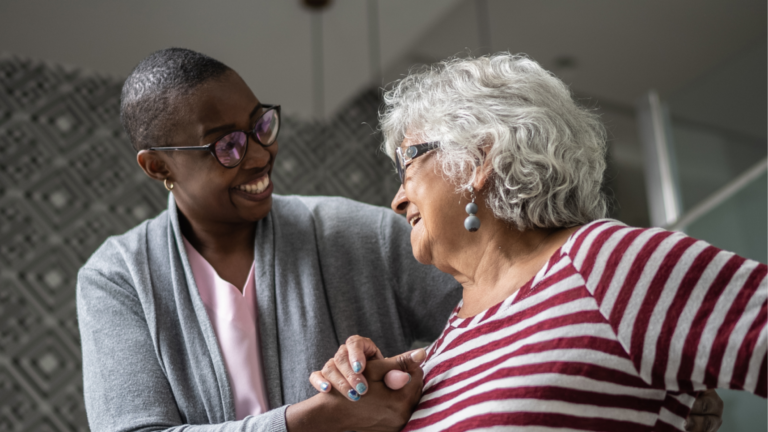
Putting my Passion for Public Health to Work at Unite Us
Rachel McMillan
I grew up in Memphis, Tennessee – the poorest big city in the country – where communities of low socioeconomic status lack access to basic resources like healthy and affordable food, transportation, safe and accessible places to exercise, etc. These communities suffer a greater disease burden in terms of chronic, preventable diseases like obesity and type 2 diabetes, and these obvious disparities bothered me growing up. There are important initiatives in Memphis that aim to address the gaps in health status, but disparities persist. I grew up trying to figure out the best way to address these glaring health inequities. A better public school system? Subsidized mobile markets to bring fresh produce to communities who struggle with transportation? Making long-acting reversible contraceptives more available to low-income communities?
When I lived in Dakar, Senegal for a semester of undergrad, I saw health challenges similar to those in the U.S. which strengthened my passion to work towards health equity for underserved and overlooked populations. I worked in travel/international development for several years, then decided that the right place for me to work on improving community health was back at home. I learned that health outcomes depend on more than just genetics and doctors’ visits. Helping people achieve a “state of complete physical, mental, and social well being, not merely the absence of disease or infirmity” (the World Health Organization’s definition of health) requires addressing barriers to social services, too.
While earning my Master’s degree in Public Health at NYU, we studied the social determinants of health (SDH), or the social and environmental factors that affect overall health, in local populations. Simultaneously, I was working at a tech startup focused on corporate social responsibility and helping companies achieve their charitable giving and volunteerism goals. I witnessed how technology could scale services and measure impact, realizing that the future of public health may lie in optimizing technology. As I approached graduation, I was eager to work on initiatives innovating in the SDH space, implementing evidence-based interventions to improve health outcomes. It was clear to me that a tech startup would be best positioned to disrupt this space.
Thankfully, I found Unite Us.
Put simply, Unite Us uses technology to close the gaps in health status and access to care. When an organization purchases our software, they are able to use it to connect with health and human services providers in their community. When a patient presents an unaddressed need, their journey can be tracked by all those who are helping manage their care. It’s a data-driven approach that ensures clients are not only connected to the services they want, but that their outcomes are measured and barriers to access are addressed. Unite Us empowers providers to make tangible impacts and see their results in real time, network by network and community by community.
Working here energizes me daily. I am able to utilize my background in tech and public health, and more importantly, it aligns with my passion to leverage technology to address the upstream causes of health.
It’s an exciting time to be here. Each member of our team at Unite Us has a singular drive that informs their passion for health equity, and we are moving the needle in working towards this goal each day. I’m grateful to have found a company in which I can keep learning as I go, and I’m excited to see what we achieve as we continue to grow our networks and scale our impact.
About Unite Us
Unite Us is the nation’s leading software company bringing sectors together to improve the health and well-being of communities. We drive the collaboration to identify, deliver, and pay for services that impact whole-person health. Through Unite Us’ national network and software, community-based organizations, government agencies, and healthcare organizations are all connected to better collaborate to meet the needs of the individuals in their communities.



